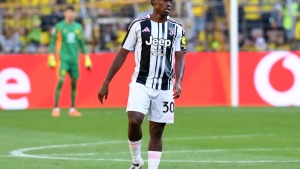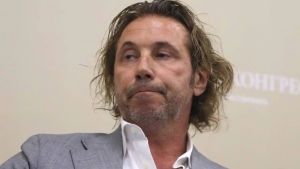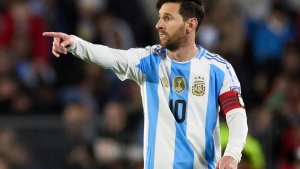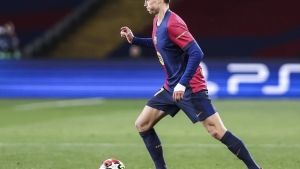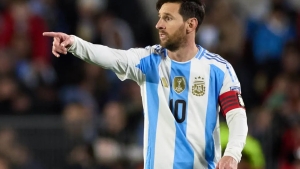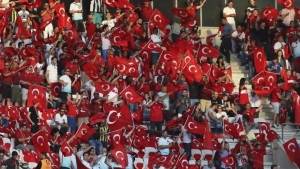PSJ and the French Football Federation conflict is intensifying
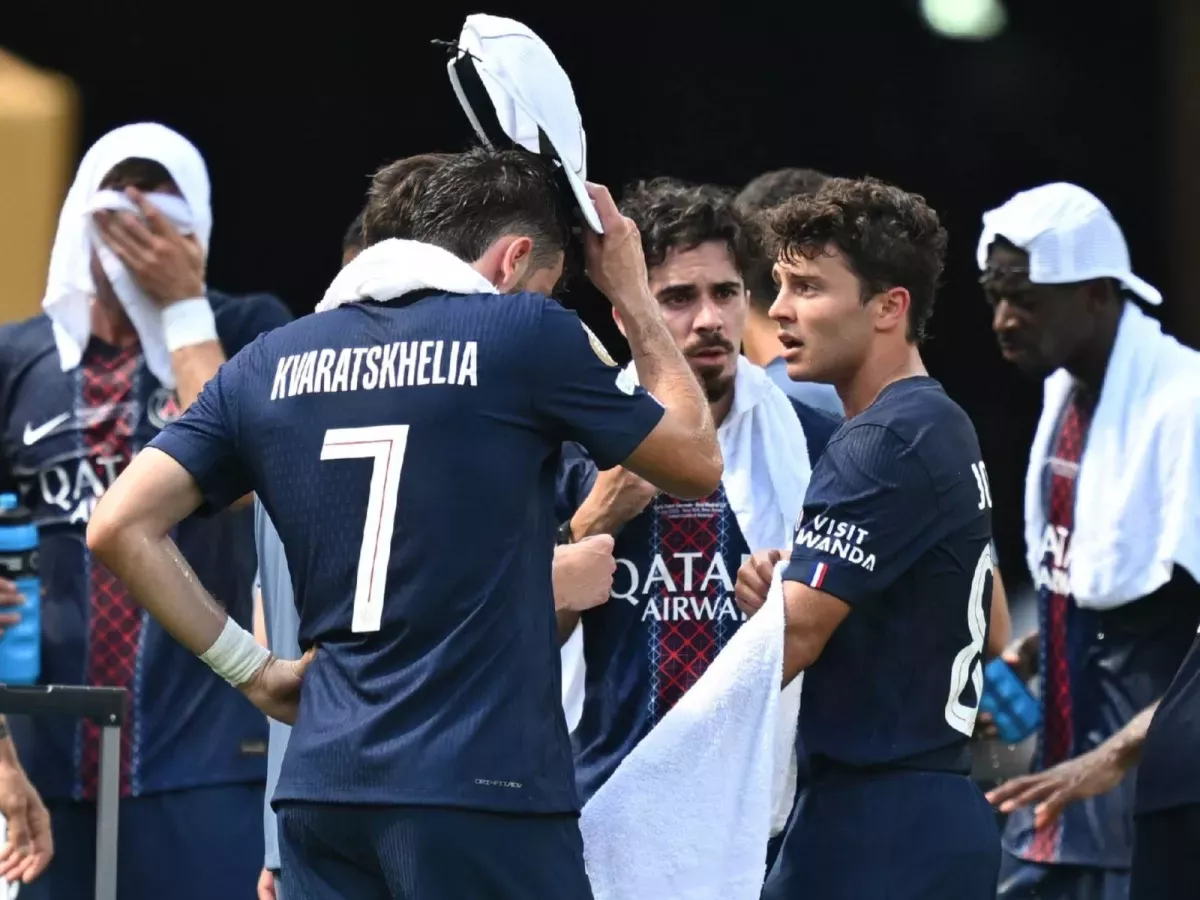
French football has once again become a field for chaotic conflicts. This was reported by Euro-football.ru.
This time, the focus is not on VAR, referees, or the ongoing disagreements within Ligue 1, but rather on the confrontation between PSG and the French Football Federation. This war is unfolding between two powers in Paris: the state system and a private giant.
One of the causes of the conflict is injuries. However, these are not ordinary injuries but a breach of the "non-aggression pact" between clubs and the national team.
Ousmane Dembele and Desire Due were injured after the match against Ukraine. PSG considered this not a coincidence but negligence towards the club’s medical recommendations.
The Paris club had issued prior warnings. A week before the match, medical documents were submitted to the staff led by Didier Deschamps, containing clear instructions about permitted loads and the risk of injury.
Warnings were especially given for Dembele, as he is a player who has suffered many injuries before. PSG explicitly wrote: do not overload.
The result was severe: Due was sidelined for a month, and Dembele for one and a half months. Both will miss Champions League matches against Barcelona and possibly Bayern.
This is a serious blow for the club. According to PSG’s official statement, these events require the creation of a new medical coordination system between the club and the national team.
Deschamps strongly rejected this demand. He responded with "There is no safe risk."
The national team coach expressed his opinion in an old-school manner. According to him, if a player was put on the field, it means he was healthy.
These words sound like a statement from the 1990s, but in 2025, such a view does not meet modern requirements. A civil war is effectively underway in Paris.
One part of the city accuses the other of incompetence, while the other responds with "don’t teach us how to do our job." Who is right?
On PSG’s side are finance, medicine, and a rational approach. On the federation’s side stand traditions and the sacred status of the national team.
The problem is that football has already become a business, and a player’s health is an investment. If clubs feel that the national team is carelessly managing their players, the conflict will intensify.
Today Dembele and Due are injured; tomorrow it could be Mbappe or Chouameni. Then it will no longer be an issue related to a single club but a systemic problem.
This issue is important because in France there have always been conflicts between clubs and the federation, between the federation and coaches, and between players and match schedules. Now the matter has become even more complicated.
If PSG implements a new protocol, it will become a model for world football. The main question is: who is the true owner of the player — the club or the national team?
For now, the situation is tense and sharp. Paris is divided in two.
If the federation continues the "safe risk" policy, the next step could be a court case. That would be a completely different arena.
Author: Arman Tigranyants


